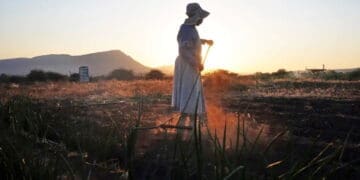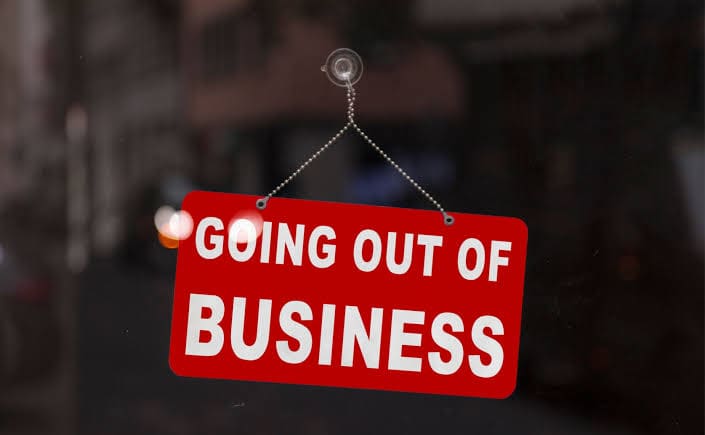Scores of small businesses are under serious financial pressure and many may not survive beyond the next 12 months, unless urgent support is provided.
This is according to the newly released Small Business Growth Index (SBGI), a joint initiative by Absa Business Banking and the SA Chamber of Commerce and Industry (SACCI), in partnership with Unisa’s Bureau of Market Research (BMR).
The report paints a disheartening picture.
Over 52% of small businesses are either declining, struggling to trade, or at risk of shutting down.
The biggest cause is a rise in operational costs, especially for transport, electricity and raw materials. Those challenges force entrepreneurs to raise prices or scale back operations just to survive.
The survey collected data from over 1600 small firms across all nine provinces.
These included businesses in retail, services, manufacturing and other sectors, most of which employ fewer than 50 people.
“If nothing changes, 55% of small businesses don’t think they’ll survive the next 12 months,” warned Prof. Paul Kibuuka from the Bureau of Market Research (BMR).
The index rates the health of the small business environment on a scale from 0 to 100.
South Africa’s current score is 51.08, which places it in the “vulnerable” zone, showing that growth potential is being crushed by financial pressure and insufficient support.
Prices are up, hopes are down, but entrepreneurs keep going.
According to the report, transport costs have increased by 60.9%, electricity by 56.9% and input materials by 52.9%.
As a result, more than 75% of small businesses say they plan to raise their prices by between 6% and 10% in the coming months just to stay afloat.
“They always release these reports showing our struggles, but no one is helping us,” said Gracious Madavha, who runs Gracious Beauty Bar, a salon in Limpopo.
Even with struggles, many entrepreneurs remain determined to invest in their businesses.
SACCI CEO Alan Mukoki said that the resilience needed to be matched by urgent action.
“Small businesses need fast, accessible and flexible funding. We must help them breathe through cash flow support, financial education and market access,” Mukoki said.
The report outlined four urgent interventions to stabilise and grow the sector.
Firstly, it calls for the expansion of micro-grants, particularly for early stages, township and rural entrepreneurs, through simpler and more transparent application processes.
Secondly, it suggests the introduction of hybrid financing models that combine low-interest loans with embedded mentorship and training to support sustainable growth.
Thirdly, it highlights the need to boost financial literacy through nationwide campaigns, workshops and digital tools that can help entrepreneurs become funding ready.
Finally, the report urges broader access to alternative forms of capital such as crowdfunding, invoice financing and venture capital, delivered through accredited SME intermediaries.
In addition to funding, the SBGI partners are rolling out a Small Business Ambassador Programme aimed at giving entrepreneurs access to market insights, networking opportunities and a stronger voice in shaping policy.
Ronnie Mbatsane, Absa head of SME Business, said the index was developed to guide targeted action.
“We want to make sure entrepreneurs don’t just survive, but thrive,” Mbatsane said.
“We’re committed to ensuring they have access to the right tools, from funding to mentorship, to grow sustainably.”































































